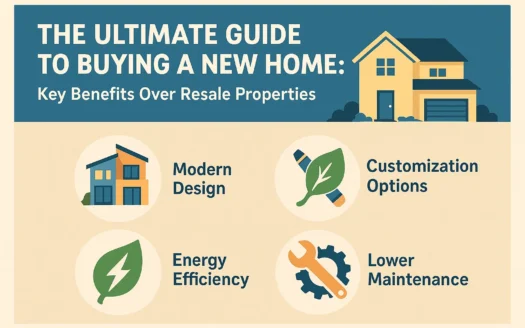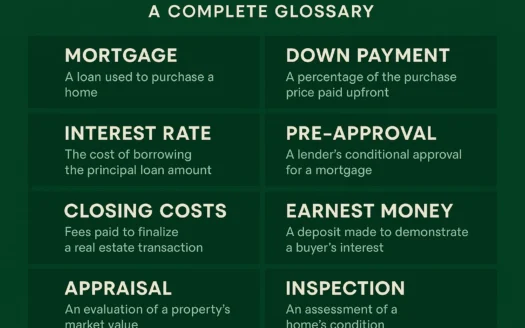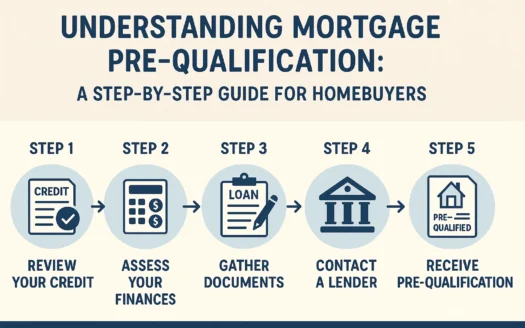Demystifying Closing Costs: Essential Insights for Homebuyers

Demystifying Closing Costs: Essential Insights for Homebuyers
Closing costs are frequently mentioned by mortgage professionals, real estate agents, and even peers, but their specifics often remain unclear. These one-time expenses, also referred to as settlement costs, are tied to purchasing a home and securing a mortgage. This guide breaks down what you need to know about closing costs for both new construction and resale properties.
What Do Closing Costs Include?
Closing costs cover a variety of fees and services required to finalize a home purchase. Common expenses include:
- Loan origination fees
- Appraisal and credit report charges
- Title insurance and search fees
- Survey and recording fees
- Transfer taxes and discount points
These costs are detailed in the Loan Estimate (LE) and Closing Disclosure provided by your lender.
How Much Should You Budget?
Closing costs typically range from 3% to 5% of the home’s purchase price. Factors like your loan type, down payment amount, and state regulations influence the final total. Reviewing your Loan Estimate early helps set realistic expectations.
The Role of the Loan Estimate (LE)
Lenders must issue a Loan Estimate within three business days of receiving your completed application. While this document provides a detailed breakdown of anticipated fees, some costs may shift before closing. If changes occur, lenders must explain revisions and supply an updated LE. Use this tool to compare offers across lenders and verify final costs against the Closing Disclosure.
Special Considerations for New Construction
For homes not yet built, lenders may adjust the LE up to 60 days before closing. After this window, only significant changes—such as loan amount adjustments or rate locks—will prompt a revised estimate. Builders occasionally offer closing cost assistance as promotions, so inquire about potential incentives.
Negotiating Closing Costs
In resale transactions, buyers sometimes request sellers to cover closing costs. However, this strategy may not be advisable in competitive markets or bidding wars. Work with your real estate agent to assess whether this approach aligns with local conditions.
Final Steps
Understanding closing costs empowers you to budget effectively and avoid surprises. Always review your Loan Estimate carefully, ask questions, and leverage this information to make informed decisions throughout your homebuying journey.




